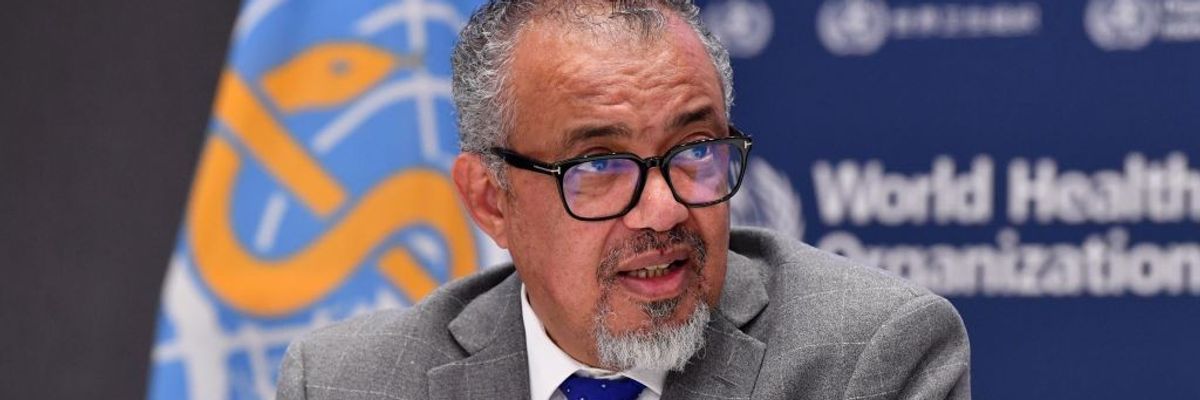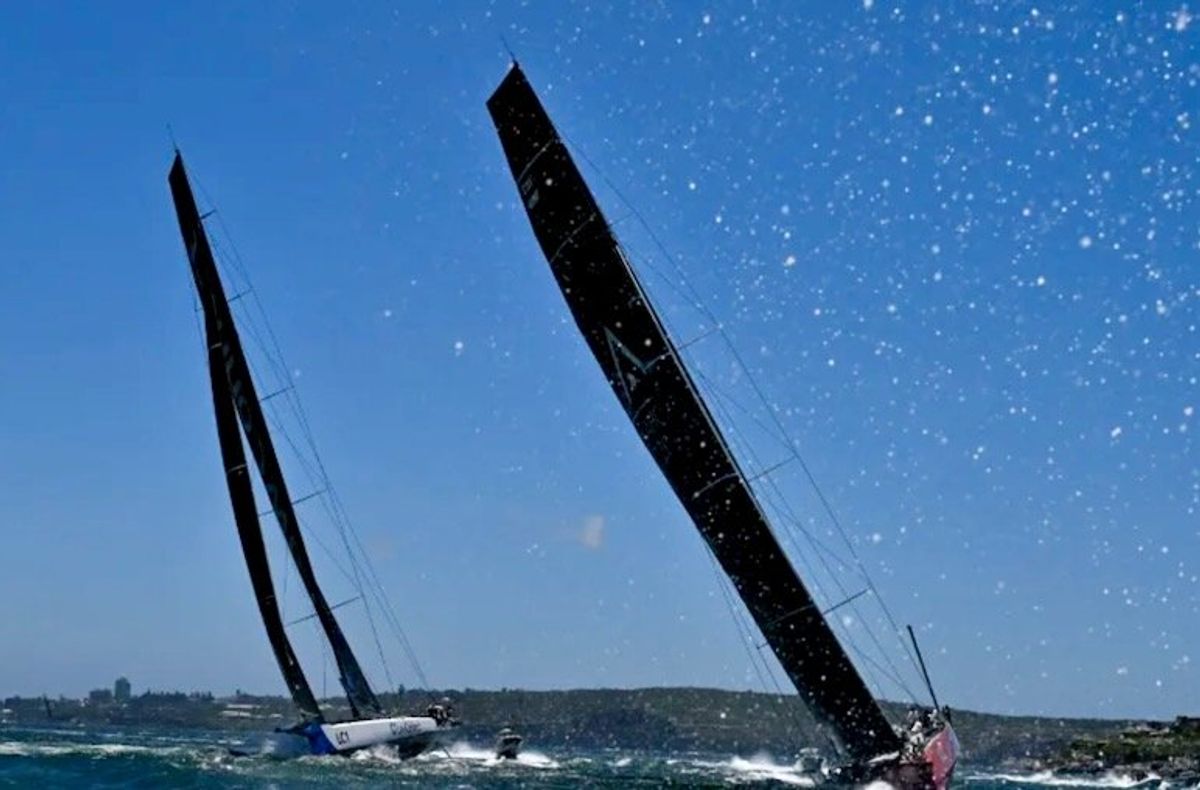By AFP
December 26, 2024

Reform UK leader Nigel Farage hailed a 'historic moment' in British politics - Copyright AL-MASIRAH TV/AFP -
Membership of Britain’s upstart anti-immigration Reform UK party has overtaken that of the centre-right Conservative Party for the first time, the party said Thursday, as Tories disputed the numbers.
Party leader and Brexit figurehead Nigel Farage hailed the figure as a “historic moment”.
Immigration was a major issue at the ballot box at the UK’s July general election which saw the Conservatives ousted after 14 years in power.
The digital counter on the Reform website showed a membership tally ticking past the 131,680 figure declared by the main opposition Conservatives during its leadership election earlier this year.
“The youngest political party in British politics has just overtaken the oldest political party in the world,” wrote Farage on X.
“Reform UK are now the real opposition.”
Party chairman Zia Yusuf said the milestone showed the long “stranglehold on the centre-right of British politics by the Tories has finally been broken”.
The last declared Conservative Party tally was the lowest on record and a drop on 2022, when there were around 172,000 members.
New Conservative Party leader Kemi Badenoch, however, questioned the figures, accusing Farage of “fakery”.
She said Reform’s counter was “coded to tick up automatically”.
Farage responded by saying he would “gladly invite” a firm to “audit our membership numbers” if the Tories did the same.
– Splitting the right –
Reform won five seats in the 650-seat UK parliament in July, though it received roughly 14 percent of total votes cast.
Reform maximised the damage to the Conservatives by splitting the right-wing vote and picking up former Tory supporters in key constituencies.
The Labour Party won by a landslide although Prime Minister Keir Starmer has had a bumpy first five months in power.
An Ipsos opinion poll this month found that 53 percent of Britons said they were “disappointed” in what the Labour government had achieved so far.
British politics has been dominated by the two main parties — Labour and the Conservatives — for decades but commentators have warned that major parties have seen irreversible downturns in their popularity in the past.
In the years after World War I, a divided Liberal Party found itself supplanted by the Labour Party as the main opposition.
The party of 19th-century political giant William Gladstone and World War I leader David Lloyd George never again regained its status as a party of government.
Farage, a supporter of US President-elect Donald Trump, said earlier this month that he was in talks with tech billionaire Elon Musk about donating to his hard-right party.














